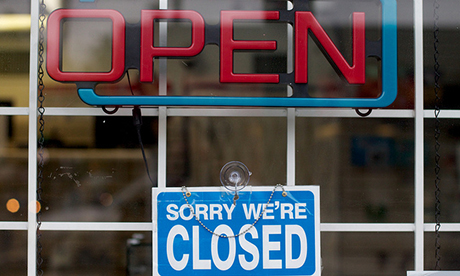
Image: Alan Levine [CC BY 2.0] via Flickr
Group of ambassadors to advise European institutions on adopting open-science practices
A “significant amount of work” remains to be done across the different dimensions of open science, the League of European Research Universities has said. Open science is the umbrella term for making the processes and outputs of research openly available for scrutiny and reuse, to help ensure research is robust and maximise its potential.
After analysing eight aspects of open science, Leru experts identified rewards, incentives and next-generation metrics as requiring “very significant work”, according to a paper published on 25 January by Paul Ayris, chair of a Leru policy group on open science, and Leru senior policy officer Alain Smolders.
“Redefining criteria for academic assessment is not a simple top-down process…involvement and support of the faculty and the research community is essential,” Ayris and Smolders said. They said universities should review their assessment systems, consider what aspects of assessment are needed, and broaden their assessment to cover the full range of contributions to research.
Open-access publishing of research papers is the area of open science that is most advanced in universities, Leru’s analysis found, while on open access to data it found that “progress is slowly building…yet challenges remain”. A significant culture change is needed to make open sharing of research data the norm, said Ayris and Smolders, suggesting that universities’ reward and promotion schemes “need to change”.
“A great deal” also remains to be done on skills, according to the paper, which also said that Leru’s 23 member universities have made “varied” progress on their adoption of policies and training regarding how research integrity feeds into open science. Citizen science, which makes use of public volunteers, is also “not generally embedded in university activity”, it said.
Future efforts on open science will be concentrated locally and on grassroots activities, according to Ayris and Smolders. They said Leru institutions are appointing a group of open-science ambassadors to work with researchers, students and policy makers on moving open science forward.
The ambassadors will “consider the needs of their university and the difference between the disciplines, urging for flexibility since one size does not fit all”, with institutions deciding on the pace of implementation.